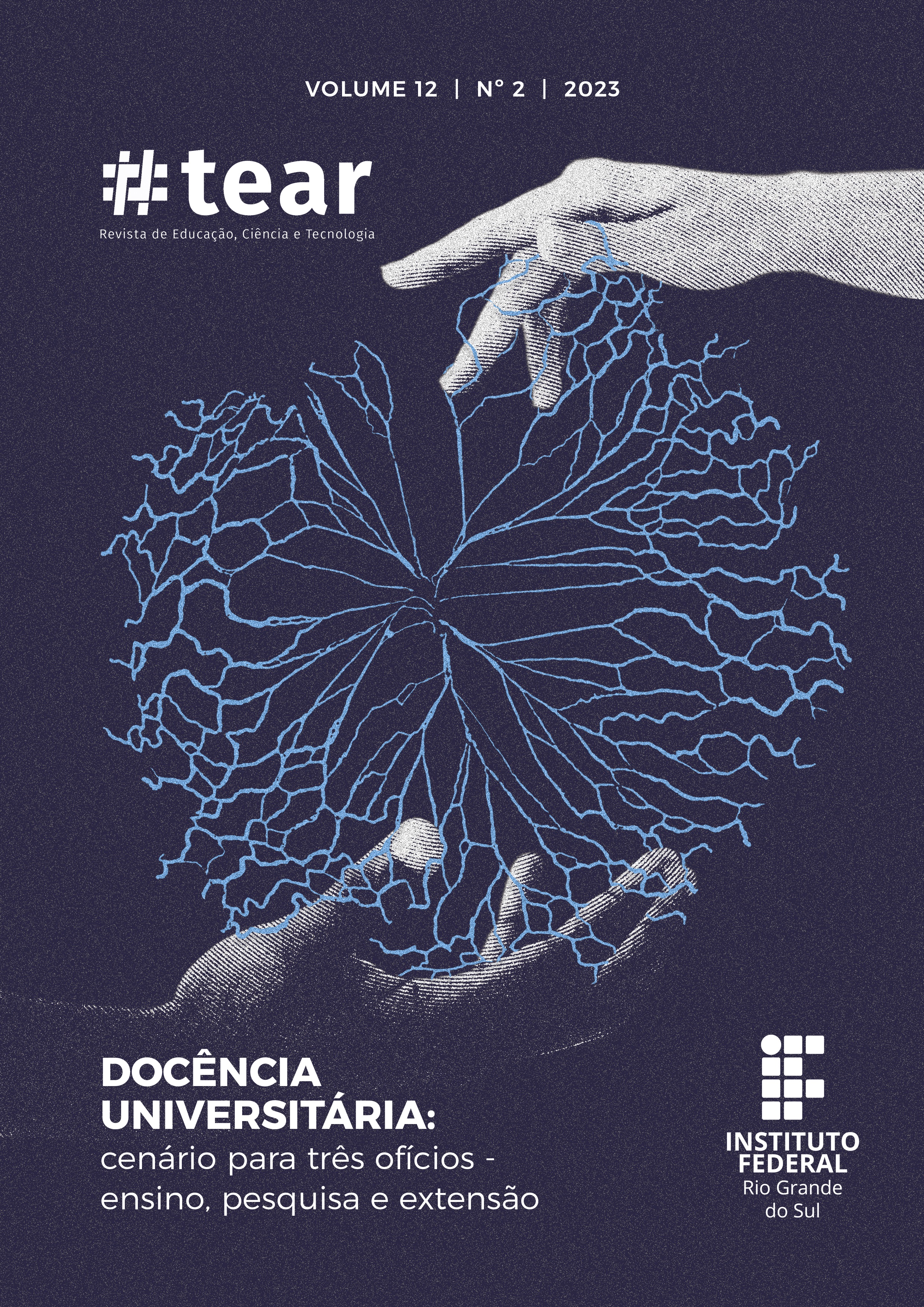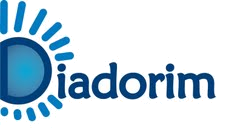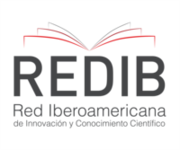Active Methodologies and Student Protagonism in Digital Media Production in Higher Education
DOI:
https://doi.org/10.35819/tear.v12.n2.a6876Abstract
Abstract: The work investigates how the use of the active methodologies Flipped Classroom, Digital Narratives and Group-Based Learning contributed to the development of protagonism of undergraduate students at a Brazilian public university in the production of digital media. In the proposal, students previously studied the course contents through a digital narrative based on a character who researched the theories and concepts of Cognition. The students then carried out multidisciplinary work in groups. The general objective was to analyze how these methodologies supported the production of digital media by students. The methodology, with a qualitative and descriptive approach, encompassed a case study. The data were the media developed based on three theories of Cognition: Behaviorism, Gestalt and Sociocultural Theory and the responses to the self-assessment forms at the end of each media produced. As a result, the media produced adequately presented the concepts of the theories in different formats: slide presentations, videos, animations, digital children's books, interactive media, infographics, podcasts, comics and videocasts. The self-assessment forms revealed an understanding of the concepts of the theories and also creative aspects of media production. It is concluded that the applied methodologies can be used to support both conceptual learning and skills, such as creativity, participation, collaboration and autonomy.
Keywords: Digital Technologies. Active Methodologies. Digital Materials.
Downloads
Downloads
Published
How to Cite
Issue
Section
License
Autores que publicam nesta revista concordam com os seguintes termos:
a. Autores mantêm os direitos autorais e concedem à revista o direito de primeira publicação, com o trabalho simultaneamente licenciado sob a Licença Creative Commons, que permite o compartilhamento do trabalho com reconhecimento da autoria e publicação inicial nesta revista a partir dos critérios abaixo:
CC BY-NC – Uso Não Comercial (NC): Os licenciados podem copiar, distribuir, exibir e executar a obra e realizar trabalhos derivados dela, desde que sejam para fins não comerciais .
b. Autores têm autorização para assumir contratos adicionais separadamente, para distribuição não exclusiva da versão do trabalho publicada nesta revista (ex.: publicar em repositório institucional ou como capítulo de livro), com reconhecimento de autoria e publicação inicial nesta revista.
c. Autores têm permissão e são estimulados a publicar e distribuir seu trabalho online (ex.: em repositórios institucionais ou na sua página pessoal) a qualquer ponto antes ou durante o processo editorial, já que isso pode gerar alterações produtivas, bem como aumentar o impacto e a citação do trabalho publicado.













